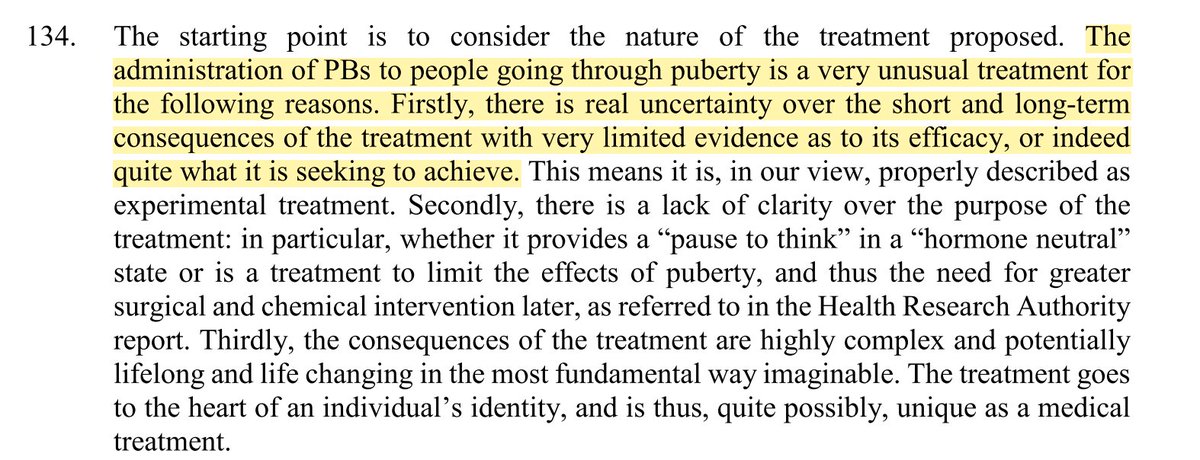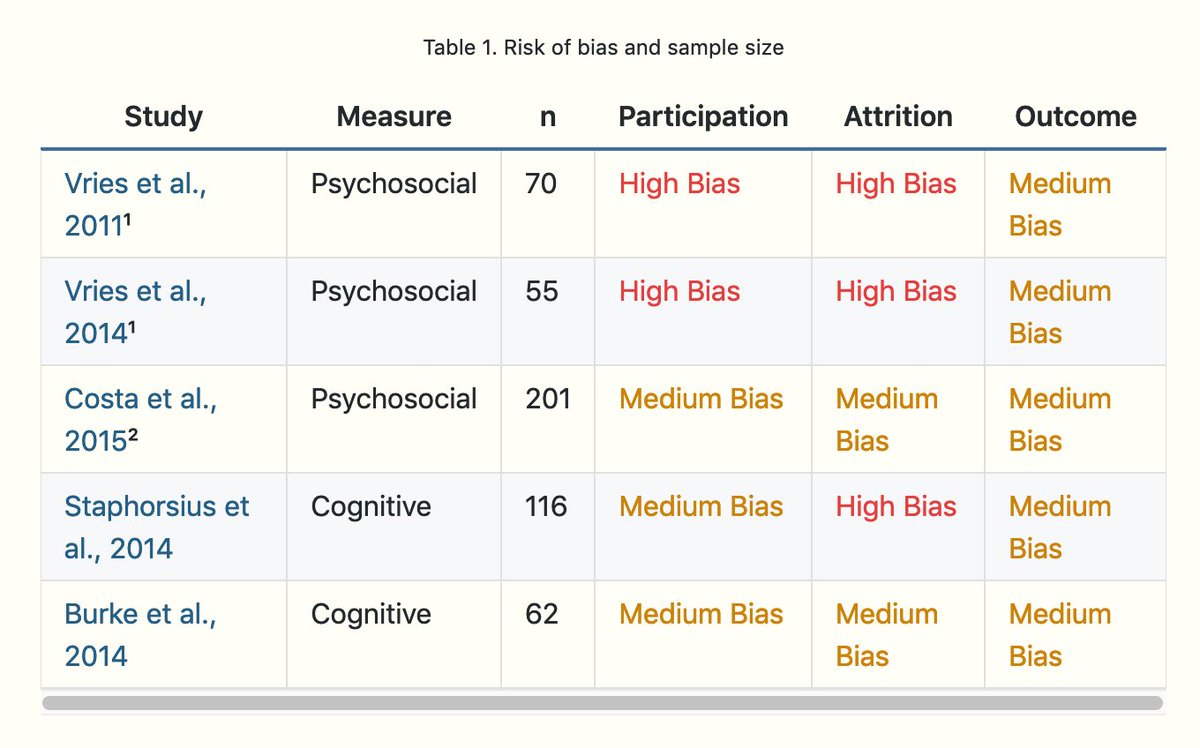An unsurprising finding if you're familiar with the literature.
2/11



Thread on Vries et al. (2014).
— Fully Informed (@fullyinformednz) October 2, 2020
This is the main study on #pubertyblockers cited in the Waikato Guidelines as "good evidence"
1/8https://t.co/v5P9pzxBCo


If we're going to "Bring the Early Years Expert out of the Shadows" we might start by linking #ECSDNConference2021 practitioners with @greg_dryer / @meaningfulPE in critique of the nonsensical CMO "60 minute" guidelines. PLEASE review @fhcappg session \U0001f447https://t.co/CFC61gNrsG https://t.co/I2mO6BwcZ0 pic.twitter.com/KFC65fSKco
— Greg Spencer (@SingleBlade1) January 22, 2021
